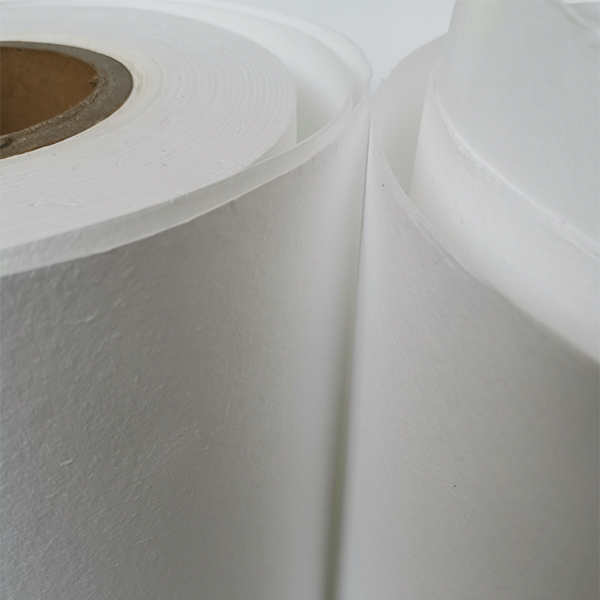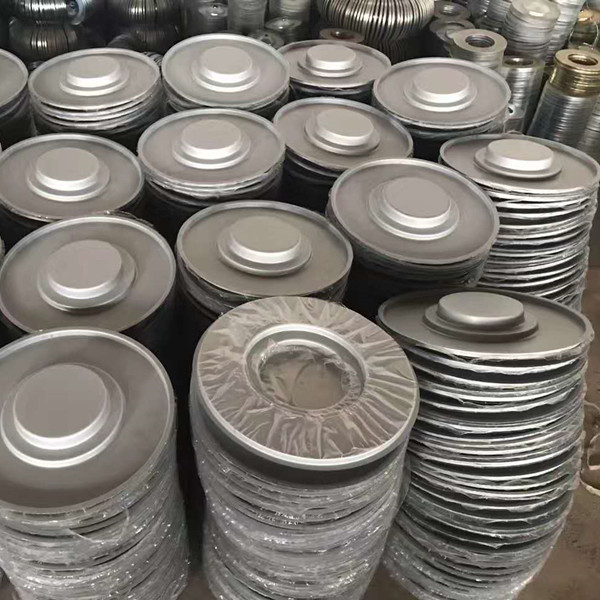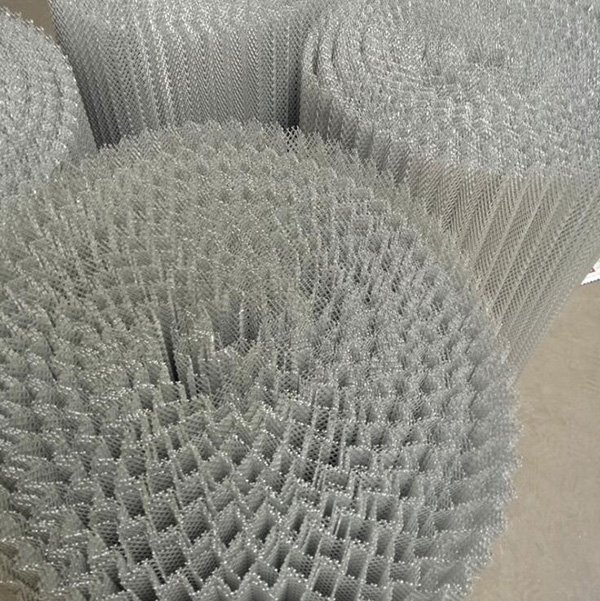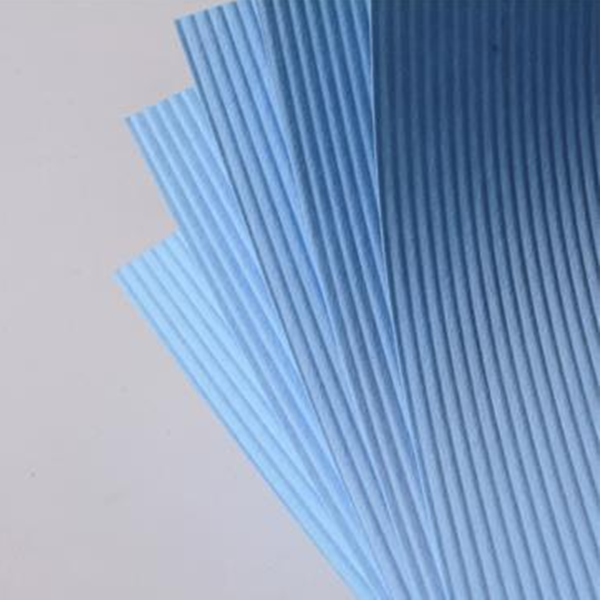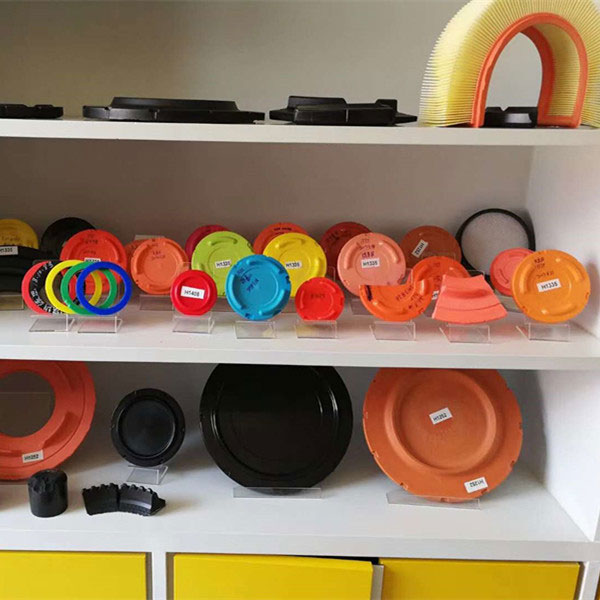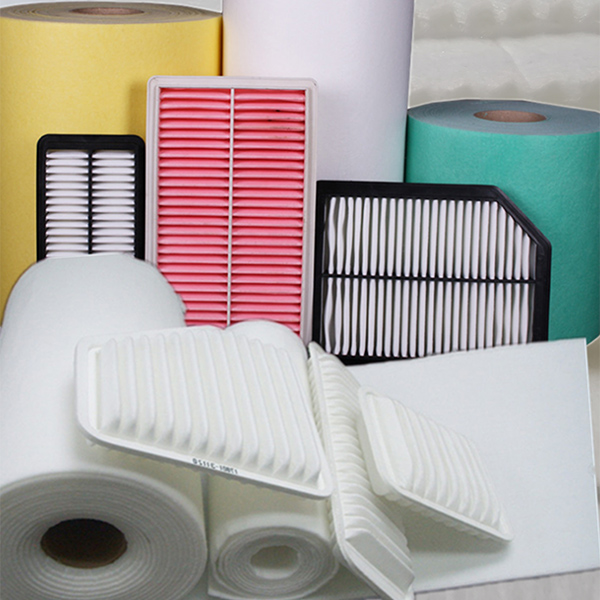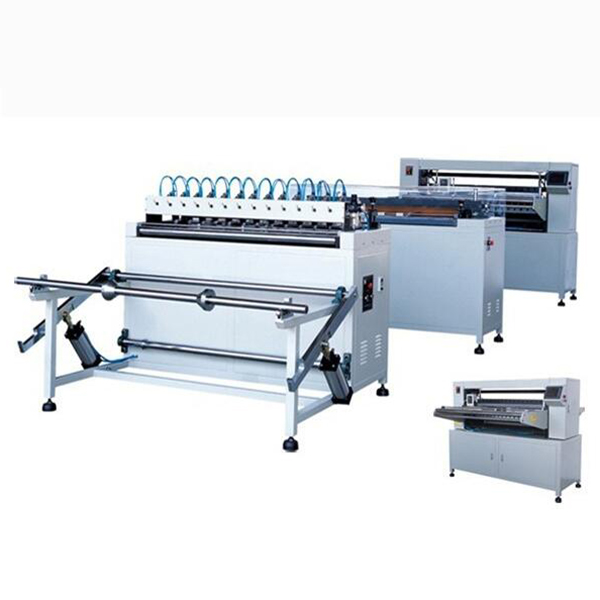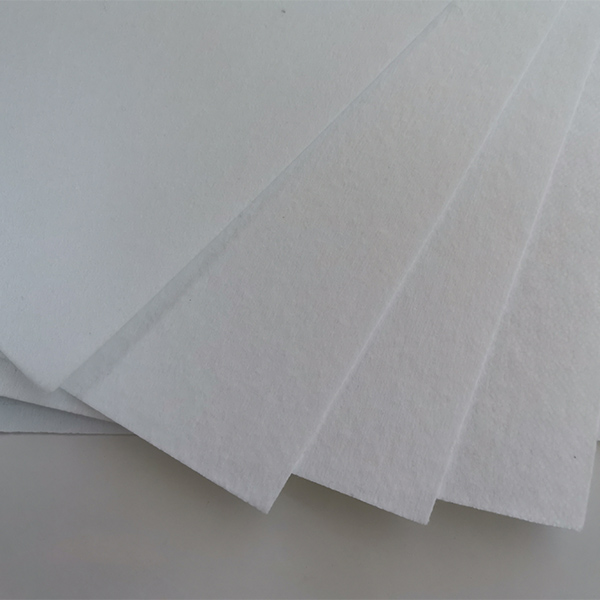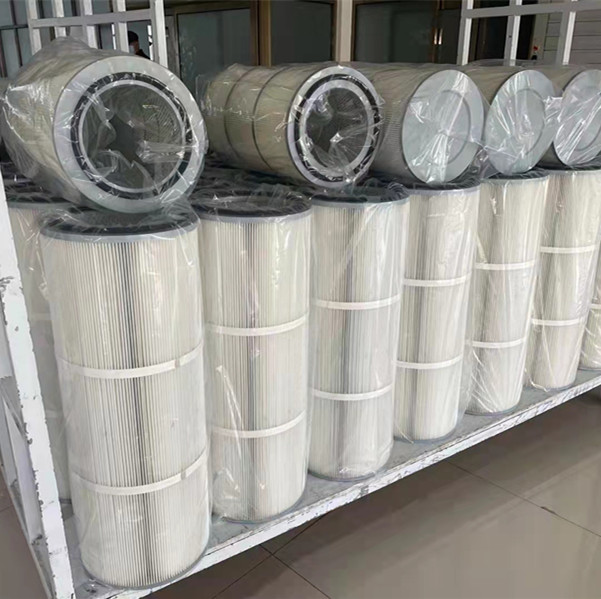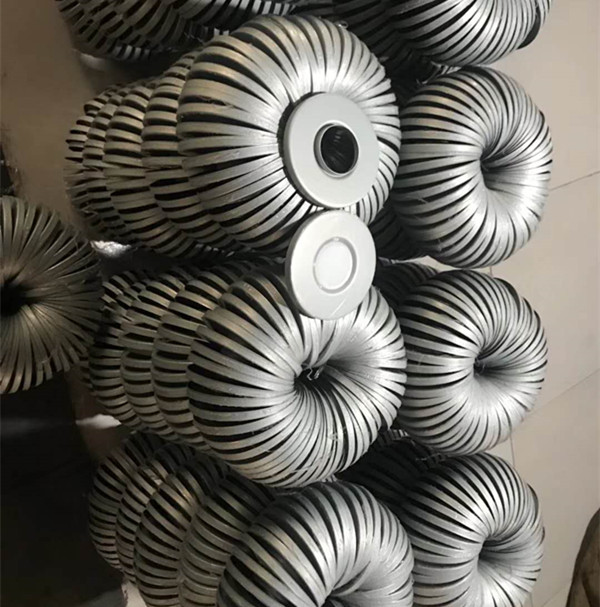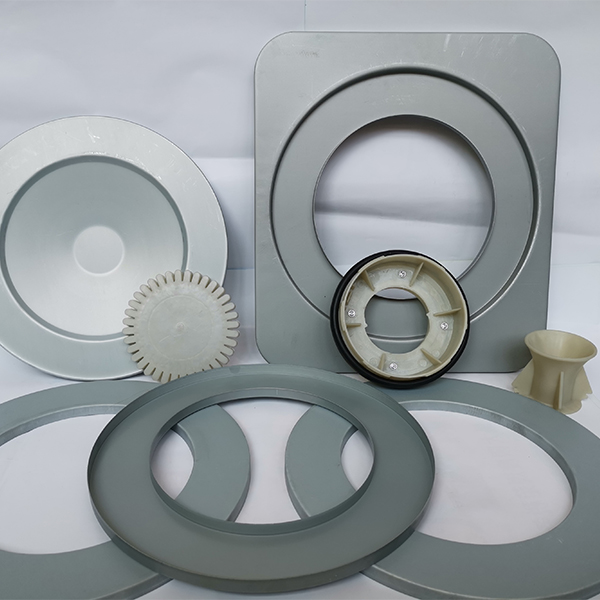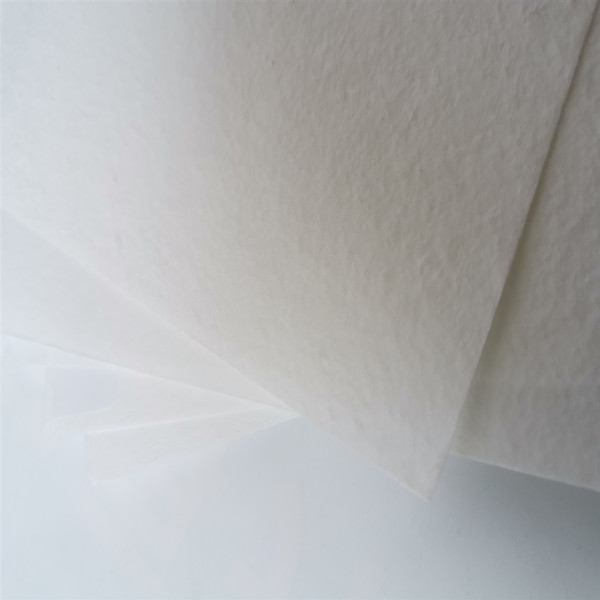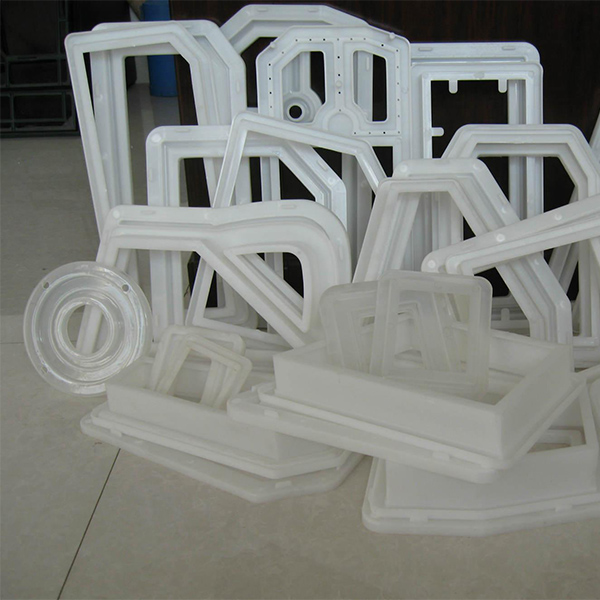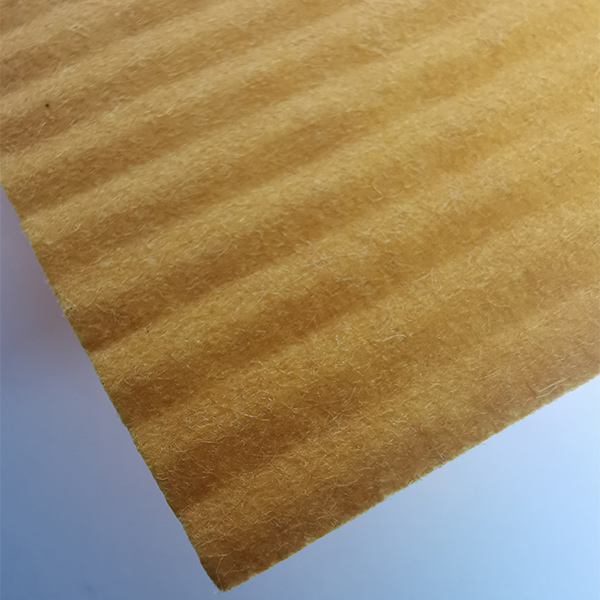Precision Filtration Solutions: An Overview of Filter Caps
In diverse industrial landscapes, the integrity and efficiency of filtration systems are paramount. Filter Caps, engineered components designed to encapsulate filter media, play a critical role in ensuring optimal performance and longevity. These sophisticated devices are not merely sealing elements; they are integral to the structural stability and functional efficacy of filters across a multitude of applications. From enhancing flow dynamics to preventing media bypass, Filter Caps are foundational to effective filtration, safeguarding processes and products from contamination. Their design ingenuity allows for precise fitment and robust performance under challenging operational conditions.
A key component within this domain is the end cap filter, which acts as the crucial sealing and structural element for cylindrical filter cartridges. These components are essential for creating a closed system, forcing the fluid to pass through the filter media rather than bypassing it. The precise design and material selection for each end cap filter directly impact the filtration efficiency, system pressure drop, and overall durability of the filter cartridge. Industries ranging from petrochemical processing to water purification rely heavily on the integrity and performance of these specialized components to maintain stringent quality standards and operational continuity.
The Meticulous Manufacturing Process of End Cap Filters
The production of a high-quality end cap filter involves a series of precision engineering steps, ensuring each unit meets stringent performance and durability requirements. The selection of raw materials is the first critical phase, typically involving corrosion-resistant metals such as 304L or 316L stainless steel for demanding applications in petrochemicals, or robust engineering plastics like polypropylene (PP) and ABS for water treatment and less aggressive environments. Specialty alloys may be employed for extreme temperature or chemical resistance.
Manufacturing processes are diverse and selected based on material and desired properties. Metal end cap filters often undergo stamping, deep drawing, or precision CNC machining to achieve exact dimensions and structural integrity. For plastic end caps, injection molding is the primary method, allowing for complex geometries and efficient mass production. Welding (e.g., TIG, laser welding) is crucial for joining metal components, while ultrasonic welding or thermal bonding secures plastic parts. Each manufacturing step is followed by rigorous quality control. Units are tested against standards like ISO 9001 for quality management, ASTM for material properties, and ANSI for dimensional accuracy. This ensures an extended service life and consistent performance in applicable industries such as petrochemicals, metallurgy, power generation, and municipal water supply and drainage systems.
In typical application scenarios, the robust design and material choice of the end cap filter contribute significantly to system advantages. For instance, in corrosive chemical processing, stainless steel end caps provide superior resistance, preventing leaks and ensuring process safety. In water treatment, precisely molded plastic end caps ensure a tight seal, preventing unfiltered water bypass, which is critical for meeting purity standards. Their optimized design can also contribute to lower pressure drop across the filter, leading to energy savings by reducing pump load. This meticulous process ensures that each end cap filter performs reliably, contributing to the overall efficiency and cost-effectiveness of the filtration system.
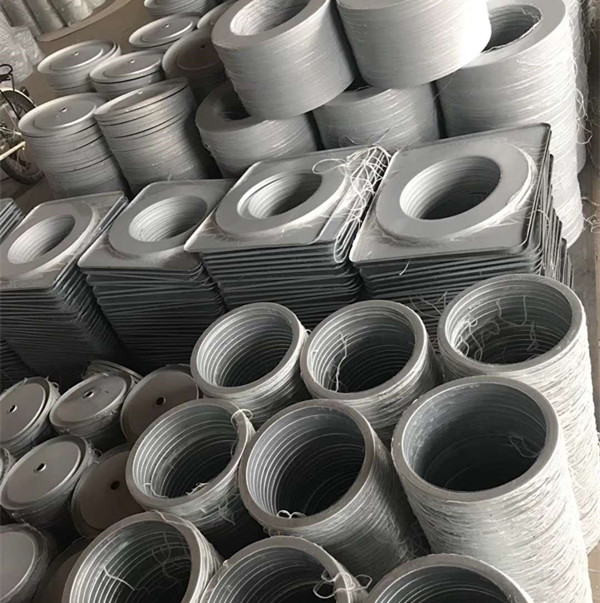
Key Technical Parameters of End Cap Filters
The performance of an end cap filter is fundamentally defined by its technical specifications. Understanding these parameters is crucial for selecting the correct component for a given application, ensuring compatibility and optimal system performance. Below is a table outlining typical specifications for various end cap filter types, based on common industry requirements and design considerations. These parameters dictate factors such as chemical compatibility, temperature tolerance, pressure resistance, and overall lifespan, directly influencing the efficiency and cost-effectiveness of the filtration system.
| Parameter | Typical Range/Value | Key Consideration |
|---|---|---|
| Material | PP, ABS, SS304L, SS316L, Hastelloy, Titanium | Chemical compatibility, temperature, strength |
| Outer Diameter (OD) | 60 mm - 160 mm (2.5 - 6.5 inches) | Compatibility with filter housing |
| Inner Diameter (ID) | 25 mm - 80 mm (1 - 3 inches) | Compatibility with filter core |
| End Configuration | DOE (Double Open End), SOE (Single Open End) with various codes (e.g., Code 7, Code 222) | Sealing mechanism, filter housing interface |
| Maximum Operating Temperature | PP: 80°C (176°F), SS: 250°C (482°F)+ | Process temperature limits |
| Maximum Operating Pressure | Up to 10 Bar (145 psi) for plastics, 25 Bar (360 psi)+ for metals | System pressure, structural integrity |
| Sealing Gasket Material | EPDM, Silicone, Viton, Buna-N | Chemical compatibility, temperature, sealing effectiveness |
These parameters are often verified through rigorous testing, including burst pressure tests, thermal cycling, and material compatibility assessments, ensuring the end cap filter delivers reliable performance under specified operating conditions.
Diverse Applications Across Key Industries
The versatility of the end cap filter design makes it indispensable across a broad spectrum of industrial applications. In the petrochemical industry, where robust filtration is essential for protecting sensitive equipment and maintaining product purity, stainless steel end caps are frequently employed due to their exceptional resistance to aggressive chemicals and high temperatures. They ensure that contaminants are effectively removed from crude oil, refined fuels, and various chemical streams, preventing costly downtime and enhancing operational safety.
Similarly, in metallurgy, particularly in metalworking fluid management, specific end cap filter configurations help extend the life of cutting oils and coolants by efficiently removing metal fines and particulates. This not only improves the quality of manufactured parts but also significantly reduces waste and operational costs. For water supply and drainage systems, plastic end caps are often preferred due to their excellent corrosion resistance in aqueous environments and their cost-effectiveness. They are vital in municipal water treatment plants, industrial wastewater purification, and even in residential water filtration systems, ensuring clean and safe water for consumption and discharge.
Beyond these, end cap filters are critical in the pharmaceutical and food & beverage sectors, where stringent hygienic standards and sterile environments are non-negotiable. Here, materials like FDA-compliant polypropylene or highly polished stainless steel are used, facilitating easy cleaning and preventing bacterial growth, ensuring product integrity and compliance with regulatory standards. Their adaptability across these diverse sectors underscores their foundational role in maintaining system efficiency, product quality, and environmental compliance.
Understanding the Five Primary Types of Filters
To fully appreciate the role of the end cap filter, it is beneficial to understand the broader landscape of filtration technologies. While filter caps provide the structural integrity, they are designed to support various types of filter media. Generally, filtration methods can be categorized into five primary types, each serving distinct purposes and leveraging different physical or chemical principles:
- Mechanical Filtration: This is the most common type, physically removing particles through a sieve-like action. Filter media, such as depth filters or pleated cartridges (which rely heavily on end cap filters for support), trap solids based on size exclusion. Examples include sediment filters for water or HEPA filters for air.
- Adsorption Filtration: This method uses a medium, typically activated carbon, that attracts and holds contaminants to its surface through chemical or physical forces. It's effective for removing odors, tastes, chlorine, and some organic chemicals.
- Membrane Filtration: Utilizes a semi-permeable membrane to separate particles from a fluid, often under pressure. This category includes microfiltration, ultrafiltration, nanofiltration, and reverse osmosis, providing very fine levels of separation down to molecular levels. Many membrane cartridges utilize specialized end cap filter designs for precise sealing.
- Biological Filtration: Involves the use of microorganisms to break down or convert contaminants into less harmful substances. Commonly seen in wastewater treatment or aquariums, where bacteria colonize a filter medium.
- Chemical Filtration: Employs chemical reactions to alter or remove contaminants. This can include ion exchange resins to remove hard water minerals or oxidizing filters that convert dissolved iron and manganese into precipitable forms for mechanical removal.
Regardless of the filtration principle, the end cap filter plays a vital role in ensuring that the fluid passes efficiently and exclusively through the intended media, preventing bypass and maintaining the overall system's integrity and performance.
Comparative Advantages: Filter Caps vs. Generic Solutions
When evaluating filtration components, the choice of end cap filter can significantly influence the overall system performance and cost-effectiveness. While generic, off-the-shelf end caps might offer a lower initial cost, specialized Filter Caps engineered for specific applications provide distinct advantages that translate into long-term savings and superior operational reliability.
| Feature | ANYAFILTERMEDIA Filter Caps (Specialized) | Generic End Caps |
|---|---|---|
| Material Selection | Application-specific, high-grade polymers/metals (e.g., medical-grade PP, Hastelloy) | Standard, often lower-grade polymers/metals |
| Dimensional Precision | CNC-machined, tight tolerances (e.g., ±0.05 mm) | Broader tolerances (e.g., ±0.2 mm) |
| Sealing Effectiveness | Optimized design for zero bypass, high-integrity seals, various O-ring groove designs | Basic sealing, potential for bypass under pressure |
| Durability & Service Life | Engineered for extended life, resistance to specific chemicals/temperatures, up to 5+ years | Limited life, susceptible to premature failure |
| Customization | Extensive options for size, material, configuration, mounting features | Minimal to no customization options |
| Performance Impact | Optimizes flow, reduces pressure drop, enhances overall filtration efficiency | May hinder flow, increase pressure drop, compromise filtration effectiveness |
Investing in purpose-built end cap filter solutions mitigates risks associated with media bypass, premature filter failure, and system contamination. The slightly higher initial investment is typically offset by reduced maintenance, longer filter lifespan, and improved operational efficiency, leading to a lower total cost of ownership.
Customization and Bespoke Solution Design
Recognizing that every industrial filtration challenge is unique, the ability to provide custom end cap filter solutions is paramount. While standard components serve a wide range of applications, highly specialized processes often demand bespoke designs to achieve optimal performance and integration. This involves a collaborative design process, beginning with a thorough understanding of the client's specific operational parameters, fluid characteristics, housing constraints, and required filtration efficiency.
Our engineering team works closely with clients to specify the ideal material, dimensions, and sealing mechanisms. For example, a client in the pharmaceutical sector might require a sterile-grade polypropylene end cap filter with a unique bayonet fitting, manufactured in a cleanroom environment and certified to FDA standards. Conversely, a heavy industry client might need a robust, high-pressure stainless steel end cap with a specialized O-ring groove for extreme temperature cycling. Our capabilities extend to rapid prototyping and iterative design refinement, ensuring that the final product perfectly matches the application's demands. This tailored approach guarantees not just a component, but a perfectly integrated solution that enhances the overall efficacy and reliability of the filtration system, minimizing downtime and maximizing productivity.
Case Studies and Client Successes
Our commitment to engineering excellence is best demonstrated through the successful application of our Filter Caps in challenging industrial environments. Here are a few examples showcasing how our custom end cap filter solutions have delivered tangible benefits to our clients:
Case Study 1: Enhanced Purity in Chemical Manufacturing
A leading chemical producer faced recurring issues with particulate contamination in their solvent recovery process, leading to off-spec products. After analyzing their existing system, we designed a custom end cap filter from a highly corrosion-resistant polymer, featuring a specialized double O-ring seal. This precision-engineered solution drastically reduced bypass, improved filtration efficiency by 15%, and extended filter cartridge lifespan by 40%, resulting in a significant reduction in waste and improved product purity, saving the client an estimated $150,000 annually in material and replacement costs.
Case Study 2: Extending Equipment Life in Power Generation
A power plant was experiencing frequent failures of hydraulic systems due to inadequate filtration of lubricating oils, causing expensive downtime. We developed high-pressure, stainless steel end cap filters with robust welding techniques and an optimized flow path. These end caps maintained their structural integrity under fluctuating pressures and temperatures, preventing particulate ingress into sensitive hydraulic components. The result was a 60% decrease in unexpected equipment failures and an estimated 25% increase in operational uptime over a two-year period.
Case Study 3: Sustainable Water Treatment for Municipalities
A municipal water treatment facility needed to upgrade its pre-filtration stage to handle increased sediment loads more efficiently and sustainably. We supplied large-diameter, injection-molded polypropylene end cap filters designed for rapid change-out and compatibility with reusable filter media. This solution not only streamlined maintenance procedures but also reduced plastic waste by enabling the use of washable cartridges. The facility reported a 30% reduction in operational waste and a 10% decrease in energy consumption due to optimized flow through the enhanced filter assemblies.
Our Commitment to Authority and Trustworthiness ()
As a leading provider of filtration components, our commitment to Expertise, Experience, Authoritativeness, and Trustworthiness () is at the core of our operations. We ensure that every end cap filter leaving our facility embodies the highest standards of quality and reliability.
- Certifications: Our manufacturing processes adhere strictly to international quality management systems, holding certifications such as ISO 9001:2015. For specialized applications, our products can meet specific industry standards, including FDA compliance for food & beverage or pharmaceutical contact materials, and RoHS for environmental compliance.
- Industry Experience: With over two decades of dedicated service in the filtration industry, we have cultivated deep expertise in diverse application environments, delivering solutions to hundreds of satisfied clients worldwide, including long-term partnerships with Fortune 500 companies in critical sectors.
- Quality Assurance: Each batch of end cap filters undergoes stringent quality control, including dimensional checks, material verification via FTIR spectroscopy, burst pressure testing, and leak detection. Our in-house lab conducts performance validation to ensure every product meets or exceeds design specifications.
- Delivery & Support: We understand the critical nature of timely delivery in industrial operations. Our optimized supply chain and robust production planning ensure reliable lead times, typically ranging from 2-4 weeks for standard orders and 4-8 weeks for complex custom solutions. We offer comprehensive customer support, including technical assistance, application engineering, and a clear warranty policy covering manufacturing defects for 12 months post-delivery, ensuring long-term peace of mind for our clients.
Our transparency in processes, commitment to verified quality, and unwavering customer support build the foundation of trust with our global clientele.
Frequently Asked Questions (FAQ) about End Cap Filters
-
Q1: How do I choose the correct material for my end cap filter?
A1: Material selection depends heavily on the chemical compatibility with the fluid being filtered, operating temperature, and pressure. For aggressive chemicals or high temperatures, stainless steel (304L, 316L, specialty alloys) is often preferred. For water treatment or less aggressive chemicals, polypropylene (PP) or ABS might be suitable. Consult our technical team for specific recommendations based on your application. -
Q2: What is the significance of the end cap filter configuration (DOE vs. SOE)?
A2: DOE (Double Open End) cartridges have open ends on both sides, requiring sealing gaskets on both ends within the housing. SOE (Single Open End) cartridges are closed on one end and often feature specific fitting types (e.g., Code 7, Code 222 with O-rings) on the other for secure sealing and easier installation into specific housing designs. The choice depends on your filter housing design and operational requirements. -
Q3: Can end cap filters be customized for unique filter cartridge designs?
A3: Absolutely. We specialize in custom solutions for the end cap filter. We can engineer end caps with specific dimensions, unique geometries, integrated features (like handles or flow distributors), and a wide range of materials to perfectly match your proprietary or specialized filter cartridge designs and housing interfaces. -
Q4: What is the typical lead time for custom end cap filter orders?
A4: Lead times vary based on complexity, material availability, and order volume. For standard custom designs, it typically ranges from 4 to 8 weeks after design approval. Rush orders may be accommodated depending on production schedule availability. We recommend discussing your specific needs with our sales team for an accurate estimate. -
Q5: How do end cap filters contribute to overall system energy efficiency?
A5: A well-designed end cap filter ensures a perfect seal, preventing fluid bypass and forcing all liquid through the filter media. This optimizes flow paths and minimizes pressure drop across the filter. Reduced pressure drop means less energy is required by pumps to push fluid through the system, leading to tangible energy savings over the operational lifespan of the filtration system.
Conclusion: The Foundation of Filtration Excellence
The end cap filter, though often a small component, is fundamental to the integrity and performance of any high-quality filtration system. Its precise design, material selection, and manufacturing quality directly influence the filtration efficiency, system longevity, and operational costs. By leveraging advanced engineering, adhering to strict quality controls, and offering bespoke solutions, Filter Caps by Anyafiltermedia.com provide the robust foundation necessary for demanding industrial applications. Our dedication to standards ensures that every product we deliver not only meets but often exceeds industry expectations, contributing to safer, more efficient, and more sustainable industrial processes worldwide.
References
- International Organization for Standardization. ISO 9001:2015 Quality management systems — Requirements.
- American Society for Testing and Materials. ASTM International Standards.
- American National Standards Institute. ANSI Standards for industrial components.
- United States Food and Drug Administration. FDA Regulations for Food Contact Materials.
- Journal of Membrane Science. Research on filter media and sealing mechanisms.
- Filtration & Separation Journal. Articles on industrial filtration technologies and component design.
Post time: Aug-13-2025

